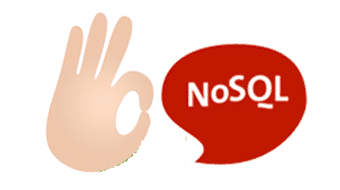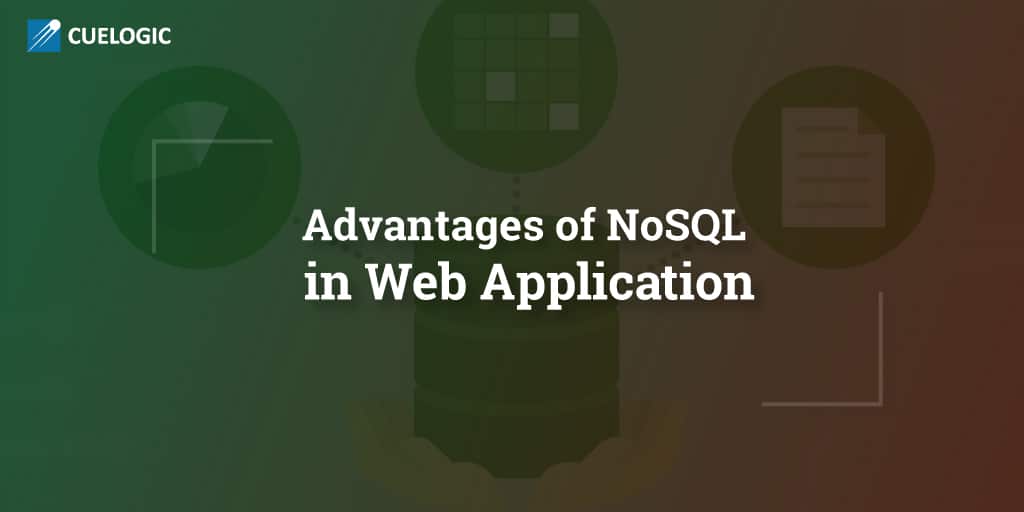
It has been quite a long time the data keepers have been honing up their skills to come up how to deal with the sudden multiplying data. The varied data which is more of the unstructured today has the admins hanging their hats on a single standard supported by all databases which till date relied upon the table-oriented relational database for all of our data storage and retrieval needs, without much thought to any alternatives. These times are been changed considerably in a short span of time with the newbie NoSQL launching itself.
So what is this NoSQL after all?
Ten people ten views. In simple terms it is the doing all the work of the relational in the un relational way. Words that emboss its importance more are like
• Sans Schema with added flexibility
• Document oriented
• Distributed
• Key/Value store concept
• Scalable friendly
• Good Agile support
• Open Source
Why made it big overnight?
There are certain trends that erupted in data management disrupting the prominence quo.Big Data
With the advent of IoT there is lot of influx in data; besides the social media infusing with the personal and important data has increased the manifolds of the ever-expanding array of data being captured. Today the prime need is to tap in all the content and exploit it to the best way to enrich available products but also go on to build new ones. And most of it is in dire need to be structured and sorted. For this case the traditionally available relational databases is a poor fit.
Cloud Computing
Everything is in cloud in some way or the other due to the higher proximity of using three tier Internet architecture that is been hosted in private or public cloud that is been used by large user set. The incoming traffic is directly proportional to scaling in the cloud which has scaling out rather than scaling up. It was initially easy for all you did was added another set of servers to accommodate the load, but this could not work with the centralized, share-everything technology that scales up rather than out again making the traditional method a poor fit for applications that required easy and dynamic scalability.
More Users
With the internet reaching all across the globe, the number of users has also increased considerably. With the increased number of hours users spend online, and the growing popularity of smartphones and tablets there is a hairline chance that there would be lesser number of users for any application for a day. But there is still unpredictability in the expanding or shrinkage of users with a particular application at a certain time, owing to curiosity for a new product, regularity in use and seasonal mood changes. This requires dynamic scalable technology which is not plausible mostly by relational schemas.
What makes NoSQL better?
- Flexible scaling
Want to scale out for load balancing? One way you could go about by simply adding in more server slots. Disadvantages? It will be costly to manage, requirement to partition data either horizontally or vertically and the most important you have to modify the application to go with the setup not to forget the time that is been consumed by it. Everybody is steering towards the new breed of NoSQL which offers transparency in expanding of new nodes and offer of low-cost commodity hardware in mind. Plus being an open source helps to be cost effective as well.
- Tackling Big Data
With massive volume of data due to large number of transactions there has been quiet a revolution in which relational databases have been working to match these demands. But the revolution has not been at par with the growing expectation to handle “Big Data” which is very well carried out by NoSQL by its unique data model that caters to all the needs perfectly.
- Flexibility in Schema
With the ease to do changes in the schema make NoSQL a favorite owing to need of scaling. Moreso this could be used even at a smaller scale so where you come across problems which are completely non-relational, you do not need to force RDBMS to gel up with trees and graphical databases which is naturally possible in NoSQL. In relational databases when writing data, the write needs to be coordinated and performed on many tables. NoSQL has different data models offering low cost storage with full scope to change the data format without affecting the application with complete support to agility.
- Availability
It is known fact that there is zero tolerance for downtime. You cannot accept that the business is been disrupted by any reason. Using relational databases you can achieve it no doubt, but in replication of data you have to feign consistency which is not desirable. The availability is carried out by NoSQL engine by adding in duplicate nodes that are very well adjusted to update and maintain consistency using varied functions which configures replication between a primary node and its counterpart.
There are couple of hiccups in this architecture to, but with the advancement of time it will be taken care of well. NoSQL is increasing taking over the reins from the relational schema at many levels as the world is moving more towards the schema less data models. My take- go slow when adopting NoSQL into an already existing product and remember NoSQL is definitely here to stay.
